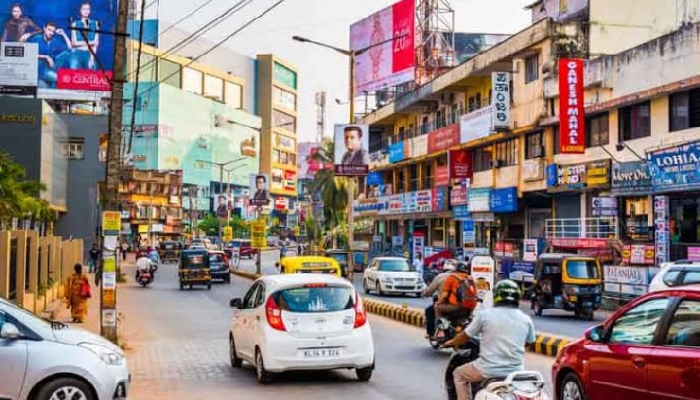Bhopal, May 16: Terror attack accused and BJP candidate from Bhopal Sadhvi Pragya Singh Thakur today triggered a fresh controversy by calling Nathuram Godse, the terrorist who assassinated Mahatma Gandhi, as a patriot.
Bhopal, May 16: Terror attack accused and BJP candidate from Bhopal Sadhvi Pragya Singh Thakur today triggered a fresh controversy by calling Nathuram Godse, the terrorist who assassinated Mahatma Gandhi, as a patriot.
"Nathuram Godse was a 'deshbhakt', is a 'deshbhakt' and will remain a 'deshbhakt'. People calling him a terrorist should instead look within, such people will be given a befitting reply in these elections," Pragya said in Malwa during poll campaign on Thursday.
She was responding to actor-politician Kamal Haasan's recent statement that "free India's first extremist was a Hindu", in reference to Godse.
Pragya, an accused in the Malegaon terror attack case, had recently triggered a major row for her remarks on former ATS chief Hemant Karkare and Babri mosque demolition.
Pragya had said Karkare was killed in the 26/11 Mumbai terror attack because of her "curse" as he "tortured" her when he probed the Malegaon blast case as chief of the Anti-Terrorism Squad (ATS). She also had said that she was "proud" of her participation in the demolition of the Babri mosque at Ayodhya in 1992.
Pragya, who just finished her poll meetings in Bhopal on May 12, is campaigning in Malwa region where polling is scheduled to be held on May 19.





Comments
All these people including their followers and leaders are really unstable of their mental conditions.
They are telling Mahatma Gandhiji is worth killing, who liberated the country from the invaders.
They dont want freedom. They want remain as slaves for ever.
They dont know what they talk. Naturam is Shaitan Bhakth and not any other Bakhth.
If you dont want to accept, you are sick, mad, criminal or all together.
Add new comment